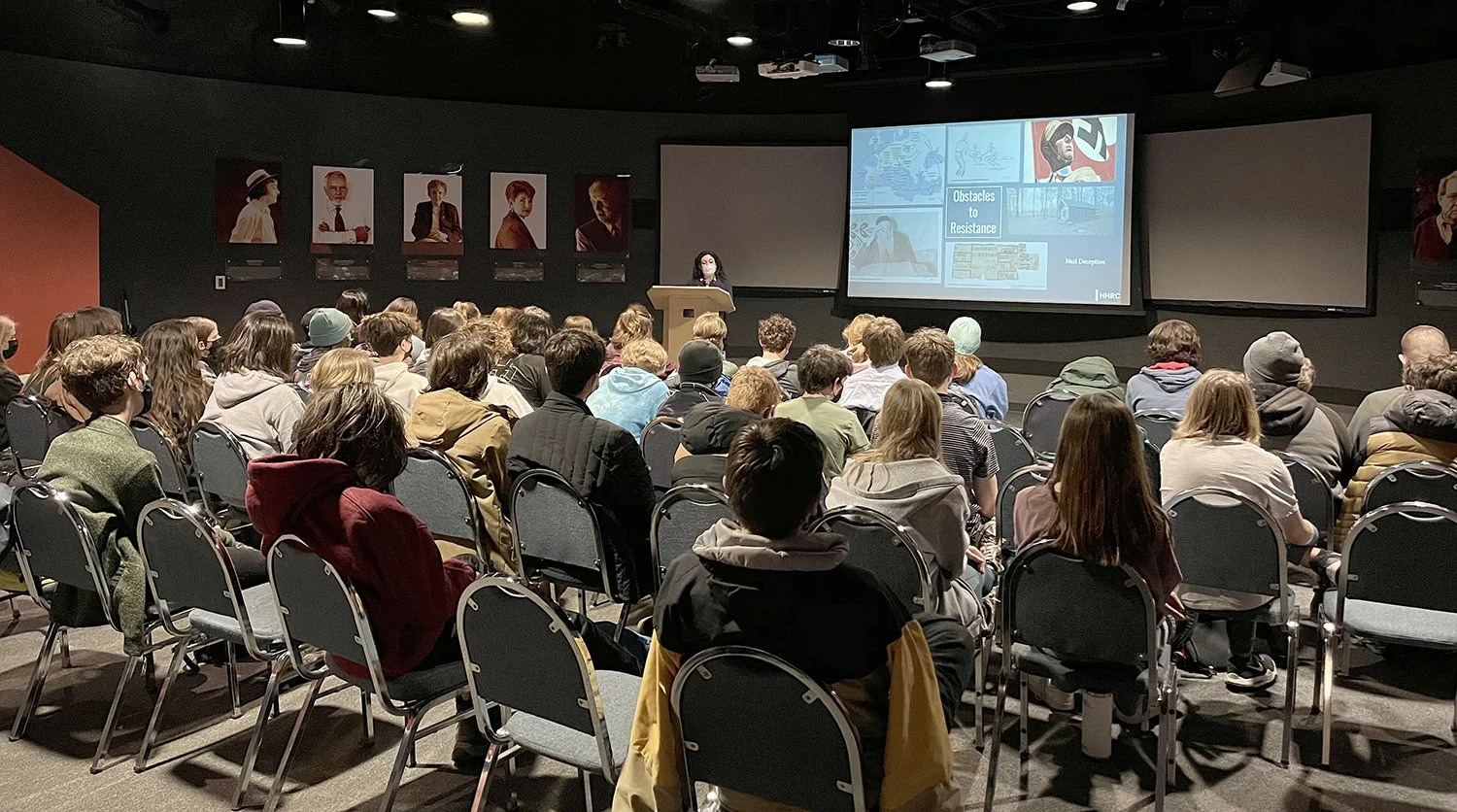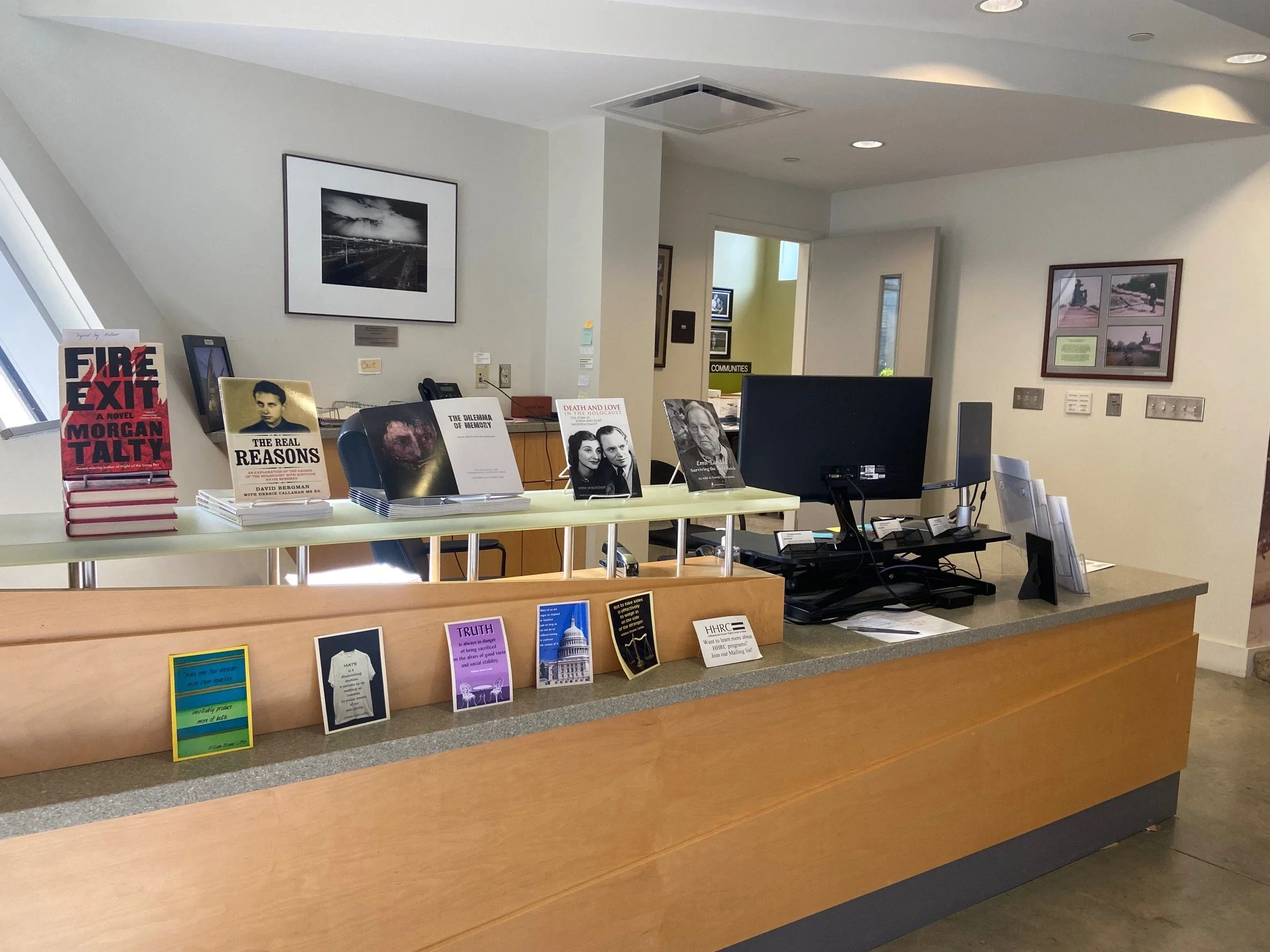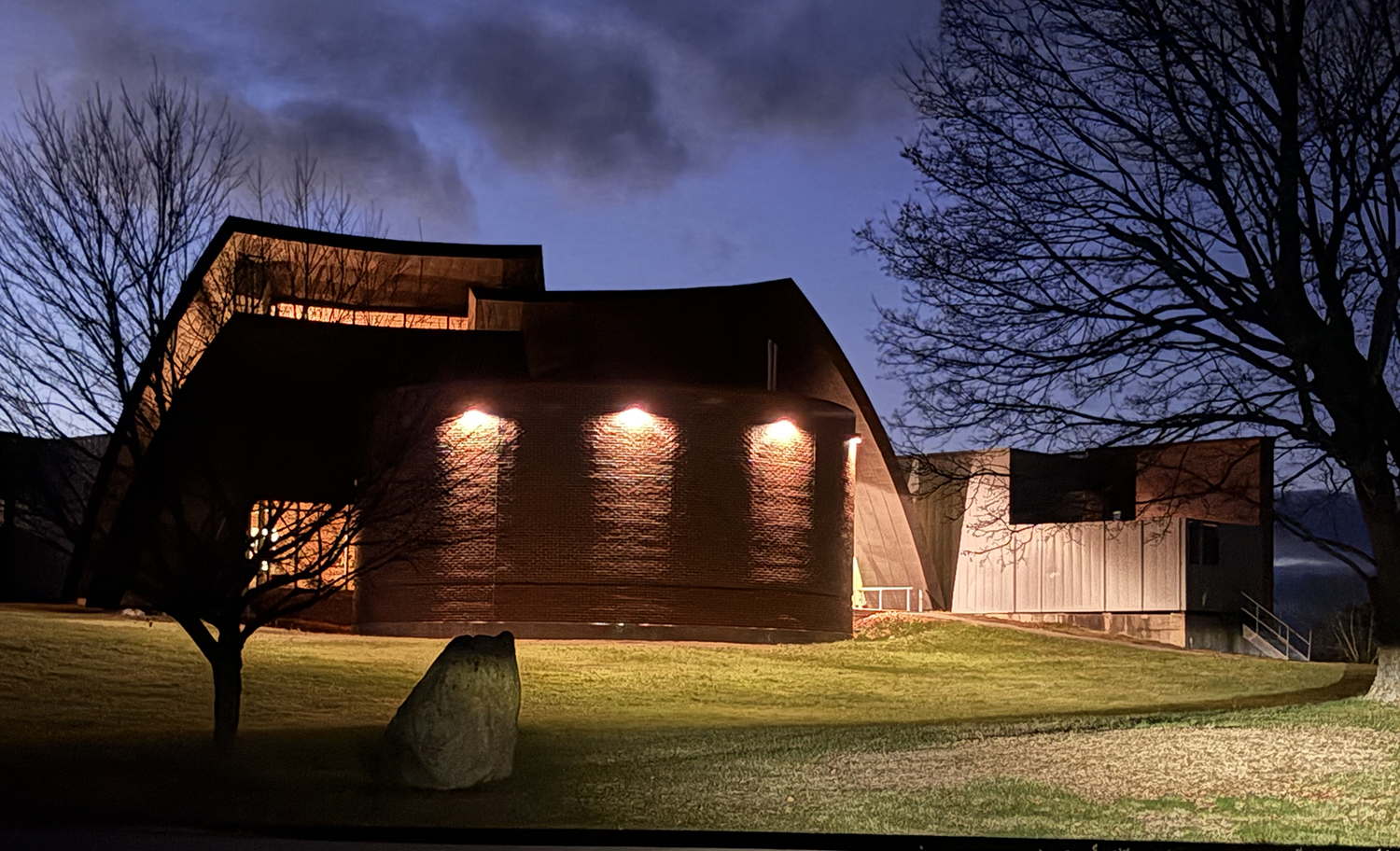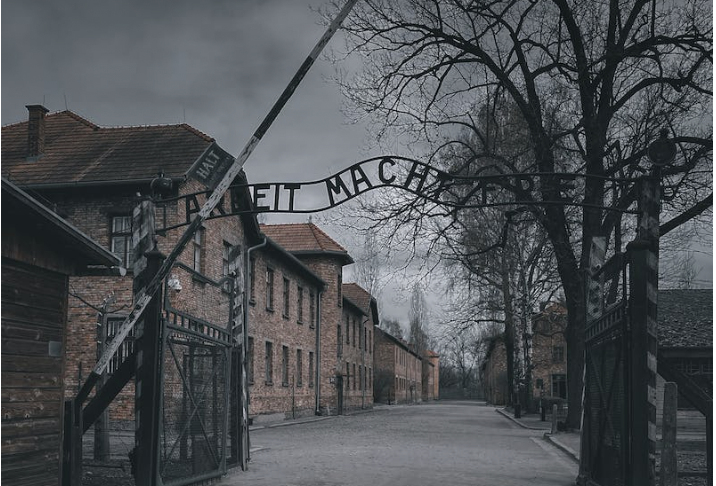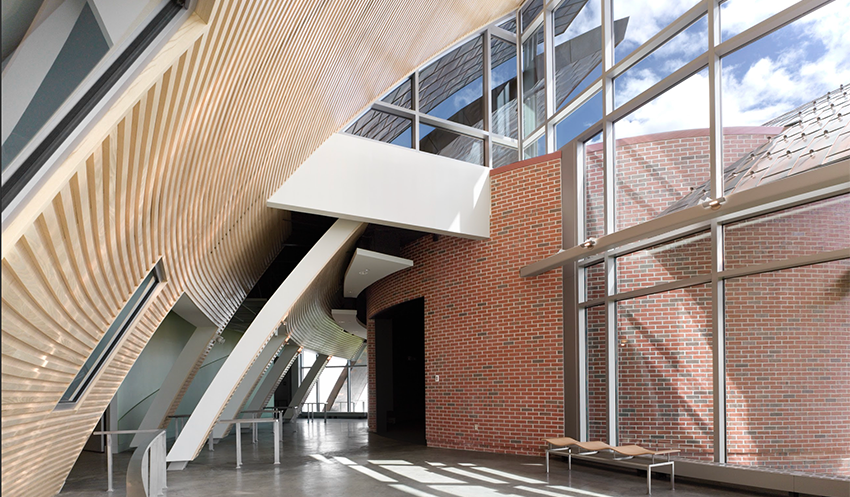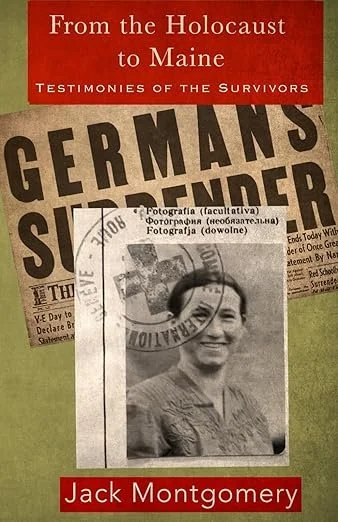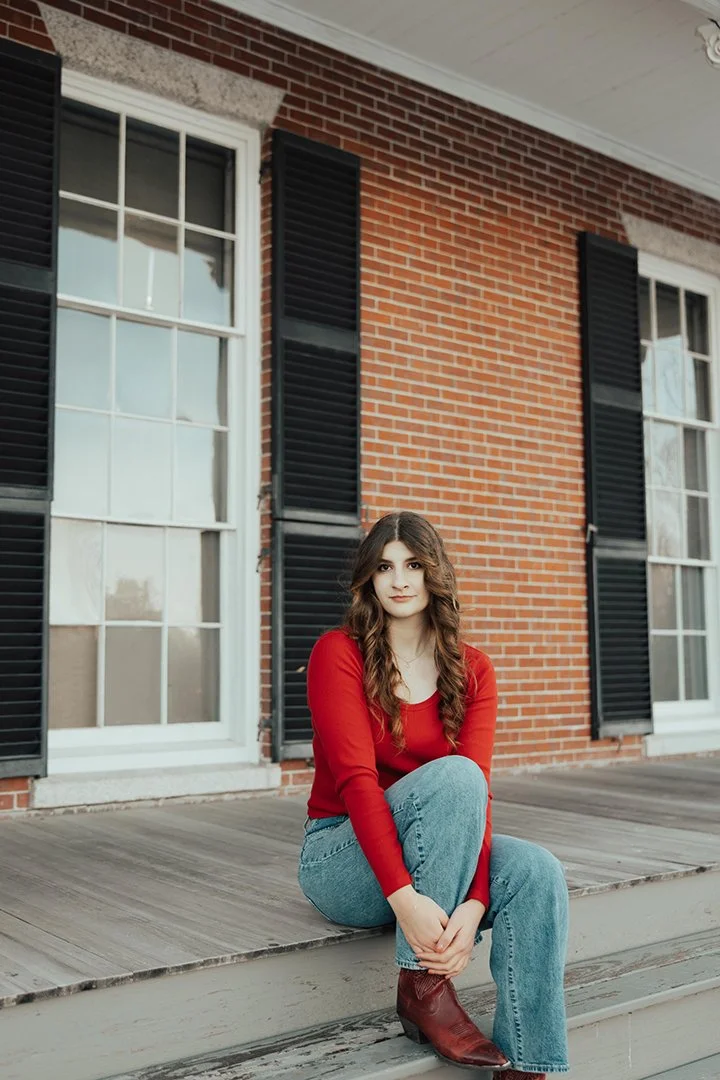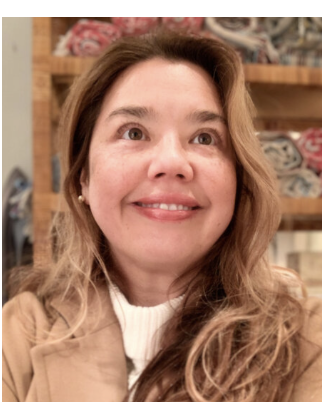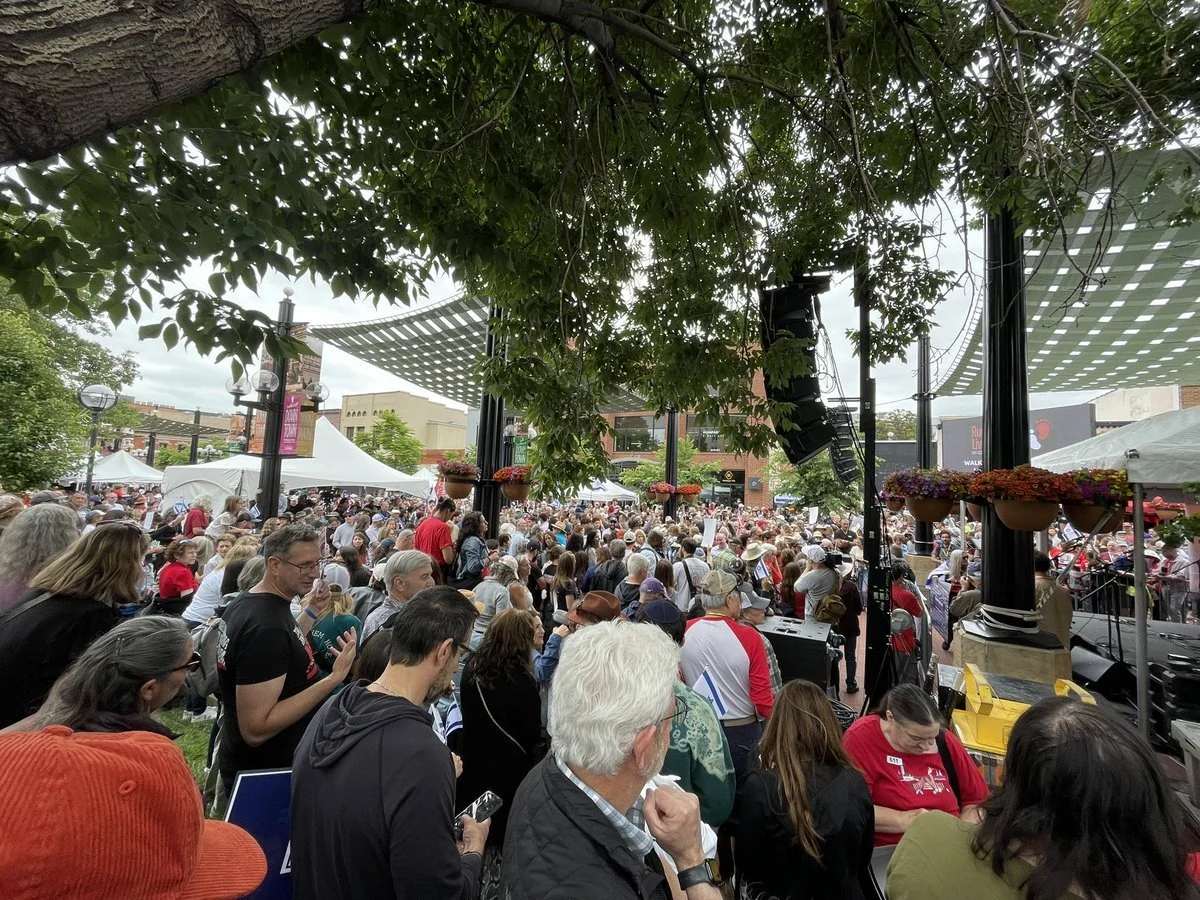Our Educational Programs
The HHRC offers seventeen carefully curated educational programs, designed by our experienced educators, free of charge to schools and community groups in Maine. Each session includes a slideshow and presentation, followed by discussion and follow-up. Individual sessions, depending on the program, range between sixty and ninety minutes and can be combined for more extensive, in-depth experiences for students or educators. Our programs are as follows: Anti-Bias Exploration: Identity, Diversity, Inclusion • Hate Speech in Schools • Speak Up At School • Understanding and Confronting Bias • Antisemitism Past & Present • HHRC Anti Bias Toolkit • Human Rights: Civil Rights in America • Yearning to Breathe Free • Finding Your Voice • Black Mainers • Maine’s WWII POW Camp • The Holocaust/Shoah: Foundations of Antisemitism • Jewish Resistance • Decision Making in Times of Injustice • Kristallnacht: The Night of Broken Glass • The Message Matters • Jewish Life Before the Holocaust.
Learn more about our programs for schools and communities here. Teachers, please fill out the intake form and we will contact you.
Dismantling Democracy: 53 Days in Nazi Germany
Dismantling Democracy: 53 Days in Nazi Germany explores the critical weeks following Hitler’s appointment as chancellor in 1933, when the Nazi Party legally and systematically dismantled the democratic foundations of the Weimar Republic. Grounded in primary sources and historical context, the program offers an opportunity to learn about this pivotal moment in history—one that reminds us how quickly democratic institutions can erode. At the HHRC we work to promote Holocaust education, confront antisemitism and bias, and strengthen a more informed and compassionate civic culture across our state. One way we pursue that mission is through educational programs that invite communities to examine history in ways that deepen understanding and inspire civic engagement.
Please Join us at an Upcoming Event
Thomas Memorial Library, Cape Elizabeth
January 29th at 6:30 • Register here
Lithgow Library, Augusta
April 13th at 5:00
Kennebunk Free Library, Kennebunk
April 21 at 6:30
Fort Kent Public Library, Fort Kent
June 3rd @5:30
A New Educational Initiative
We are pleased to announce that we will be expanding our program offerings to businesses and for-profit organizations in Maine. This initiative comes from increasing requests from workplaces and our extensive experience in delivering effective educational programs to schools and community groups. We believe that including professionals in businesses, law firms, hospitals, and other workplace environments is a natural next step in the evolution and growth of our work.
All seventeen of our educational programs have the potential to be used for professional development, but three of them are very specifically suited for such. These are: Addressing Antisemitism in the Workplace, Identity and Inclusion, and Responding to Bias and Hate Speech in the Workplace. Since professional development requires significant staff time to prepare for the needs of each unique organization, the fee for a 2-hour program with one or two facilitators is $1,500. Travel costs and accommodations, if necessary, would add an additional charge.
Programming for students and educators, was well as community groups and non-profits, will remain free of charge. Our work with schools and communities is crucial, but they do not exist in a vacuum. Community involvement and support of anti-bias work amplifies our mission and vision of building welcoming communities and strengthening human rights.
We are developing these new programs and will they be ready in September 2026.
Jack Montgomery’s New Book
From the Holocaust to Maine: Testimonies of the Survivors is Jack Montgomery’s just-published book that offers stunning photographs of Holocaust survivors, many of them founders of the HHRC, paired with their personal story of survival during their childhoods. The collection of stories brings together projects that date back to the beginning of the HHRC and building of the Michael Klahr Center. We are indebted to Jack, and delighted that his work now exists in a book. With gratitude to a very generous donor, these books will be distributed to Maine schools that teach students in grades 6-12, as well as public libraries throughout the state. The content is also available online and may be copied by schools and teachers for educational purposes only. If you would like to buy a copy of the book, please email us at info@hhrcmaine.org. Librarians, if you would like a free book for your public library, please fill out the form at the bottom of this page. To see Jack’s upcoming speaking engagements, click here.
Charles Rotmil • 1932-2025
The Holocaust and Human Rights Center mourns the passing of esteemed Maine Holocaust Survivor and Educator Charles Rotmil. It is with deep sadness that we announces the passing of Charles Rotmil, one of Maine’s most significant voices in Holocaust remembrance and human rights education. Charles was a dedicated storyteller, survivor, artist, and teacher whose life and legacy enriched countless lives across the state. Says Executive Director Tam Huynh, “Charles touched the lives of so many across Maine and beyond. Through his stories, his art, and his courage, he inspired countless students, educators, and community members to stand against injustice and embrace compassion. His presence will be deeply missed, and his legacy will live on in every student he taught and every life he touched.” Charles’ passing leaves a profound void in our community. We extend our deepest condolences to his partner, Cathryn Wilson, friends, and all who were touched by his life. The HHRC community will honor Charles’ memory by continuing to advance Holocaust and human rights education, and by supporting the work he cared so deeply about. Read Charles’ story of his childhood here.
Decision Making in Times of Injustice
This program gives participants an awareness of the enormity of the crimes committed during the Nazi Holocaust. The program demonstrates the process by which the Nazis arrived at and were able to carry out the extermination of European Jewry. It demonstrates that the Holocaust was not a foregone conclusion when the Nazis first came to power, and that it needed the participation of thousands of ordinary people, and the silence of millions of others, to happen. The workshop will look at the decisions made by leaders, bureaucrats, and ordinary citizens at various times in the 1930s and 1940s: decisions that, when taken together, led directly and inexorably to the Holocaust. This workshop reminds participants of the importance of living in a democracy whose citizens are capable of making informed judgements, not only on behalf of themselves, but on behalf of a larger community. Please fill out the intake form if you wish to discuss a program at your school.
Students, do you want to win a scholarship?
Has the Holocaust affected your view of the world? Do you think it’s important for others to learn about it too? If you answered yes, consider writing an essay about that experience and win a $1,000 scholarship.
As a student, think about the two prompts below. Do they elicit a memory, emotions, maybe some family interactions or personal experience? Have you discovered ways to create a more welcoming, connected school community? We hope you will explore these questions by writing an essay, painting a picture, composing a song—or some other artistic medium you enjoy. The Spiegel Award asks for a personal essay; the Schlossberger Award invites an art form that best conveys your thoughts and feelings.
The Lawrence Alan Spiegel Remembrance Scholarship ($1,000) is awarded annually to the high school senior who authors the prize-winning, original essay on the prompt: “Learning about the Holocaust affected my view of the world and it is important for others to learn about it too.” Criteria: originality of voice and viewpoint, structure, command of language and mechanics. Apply here.
The Mathilda Schlossberger Outstanding Student of the Year Award recognizes an exceptional piece of original writing, fiction or non-fiction, or an unusually expressive piece of visual or performance art relating to human rights. The award was created by Florence and Kurt Strauss of Portland in memory of Kurt’s maternal grandmother, who was murdered at Theresienstadt. Apply here.
A Celebration of Friendship and Innovation
We gathered on September 16th to celebrate 40 years of the Holocaust and Human Rights Center. The evening was memorable as founders, survivor families, executive directors, friends, and colleagues gathered to reminisce, catch up, and thank the people who built the organization. On the sunny afternoon guests mingled on the patio while the Casco Bay Tummlers kept toes tapping with spirited music. A silent auction with 18 items and experiences invited guests to bid, and check back often on their choices. The first two hours enjoying drinks and good friends was a perfect beginning to the evening. During the program many incredible people were acknowledged and thanked for their decades of visions and determination. Gerda Haas’ son David spoke movingly about his mother, describing her as a loving wife and mother—and inspiring, effective organizer and leader. The 2025 Gerda Haas Award recipient, Maulian Dana Bryant, spoke with love and admiration about her grandmother, who offered Maulian and so many others a role model in creating change through trust, tradition, and family. To experience so many of the founders, builders, executive directors, and close friends reconnect for an evening reminded us all of why the HHRC was created, and how it has survived and evolved for forty years. See some of the photos from the evening here.
Were The House Still Standing
Your generous contribution supports our work: building brave and welcoming communities by promoting universal respect for human rights through education, outreach and cultural experiences. This ambitious goal takes many forms. We offer sixteen educational programs to Maine students, sponsor talks and performances, curate exhibits, house valuable archives, showcase multi-media stories from survivors, and invite all visitors into the beautiful Michael Klahr Center. To preserve the oral testimonies of Holocaust survivors and liberators living in Maine, In 2005 the HHRC commissioned Sculptor Robert Katz to create an 80-minute multimedia installation, a centerpiece of the Michael Klahr Center, entitled Were the House Still Standing. For 18 years visitors have been moved by the stories of personal trauma, tragedy, bravery and resilience told by the survivors, many founders of the HHRC. Now it needs a significant upgrade. We need donations and grants to fulfill this goal. Can you help us?
A Teacher’s Guide
At the Holocaust & Human Rights Center, we believe that history comes alive through the voices of those who lived it. That’s why we are committed to uplifting Holocaust survivor testimonies and making them accessible to students across Maine and beyond. This year, our Holocaust Scholar and Education Coordinator, Erica Nadelhaft, has been leading an ambitious project: a Teacher’s Guide to accompany Jack Montgomery’s book From the Holocaust to Maine: Testimonies of the Survivors. We know that the study of the Holocaust can be overwhelming. Students can get lost in the numbers, dates, and places, but survivor testimonies transform statistics into real lives filled with stories of resilience, courage, and the enduring human spirit. These first-person accounts do more than teach history. They foster empathy, understanding, and a connection to the past that no textbook alone can provide. With generous support from the Sam L. Cohen Foundation, we have made tremendous progress. Over the next nine months, we will expand the guide to include all nineteen survivors in the book.
Exploring Juneteenth
Juneteenth commemorates the effective end of slavery in the United States. It marks the day in 1865 when enslaved people in Galveston, Texas, were informed of their freedom, following the arrival of Union troops and the announcement of the Emancipation Proclamation. A few years ago we became curious about this important date, listened to a podcast, read some articles and essays, and discussed it as a group. Questions emerged. Why for so many years hadn’t people heard about something so important to Black Americans? Why wasn’t it taught in schools? What brought it into our national consciousness after 150 years, becoming a federal holiday in 2021? We each shared a ‘What surprised me most’ observation for discussion. In a spirit of humility, we shared our questions and eagerness to discover about this consequential holiday. Read it here.
The Michael Klahr Center
The stunning Michael Klahr Center houses significant artifacts, offers permanent exhibits that chronicle the lives of Holocaust survivors, and curates arresting exhibits from diverse artists. We warmly welcome visitors and host students and community groups for classes, tours, lectures, and performance. The building’s soaring architecture is worth a visit—once inside, you will discover stories and voices, memories, and relationships. It is our home, a place for work on truth, justice, and human rights.
We are open weekdays from 8:00–4:00 Monday through Friday and welcome visitors.
We are housed in The Michael Klahr Center located at the University of Maine, Augusta. Our address is 46 University Drive, Augusta, Maine. Click on the map to view the UMA campus. To access the Michael Klahr Center by elevator, click here.
From the South: Take I-295 N/US-1 North toward Augusta. Take exit 112A, stay right at the intersection to merge onto ME-8 South. Tavel 0.6 miles then turn right onto University Drive. At the top of hill, bear right into the parking lot.
From the North: Take 95 South toward Augusta. Take exit 112, merge onto ME-8 South. Travel 0.7 miles then turn right onto University Drive. At the top of hill, bear right and into the parking lot.
Receive our Biweekly E-newsletter
Order Jack’s Book for Your Public Library



